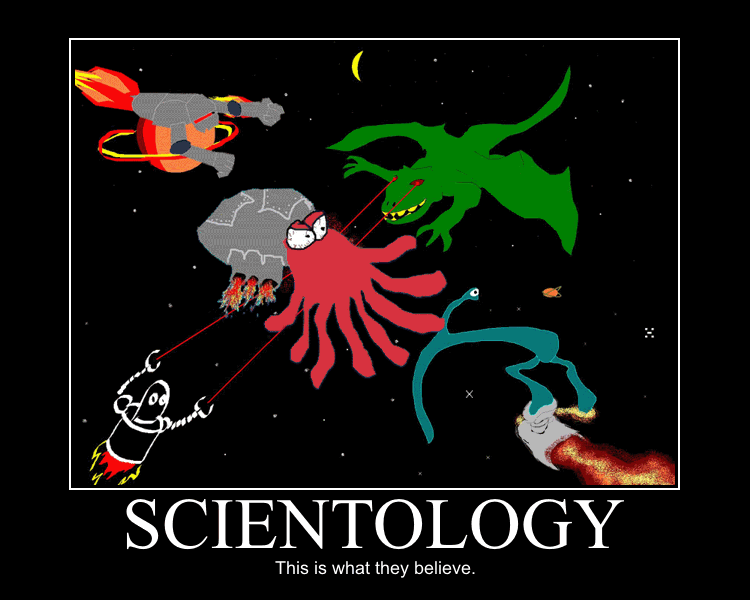Okay, so you all know by now that I am a non-theist, or "atheist." I always get roped into philosophical debates with my brother-in-law, and I managed to stump him using a line of basic reasoning. One of my problems with Religion, besides the scientific hurtles, is the basic logical inconsistencies.
It is said that God is the Aplha and the Omega, the beginning and the end. Now in the scientific corner, Newton's first law of motion states that energy cannot be created or destroyed. So, both scientifically and Biblically we are now on the same page. Now, the common belief is that God is pure and is the source of all that is virtuous and good. My question is; where did evil come from? According to Genesis all that is manifest is solely from the divine creator, so God had to create evil, which in it's self is essentially evil. Now going back to Newton, cause I love mixing two things as compatible as science and religion, the force that would be known as evil had to already have been presnent in some state within God himself. He was the only thing in existence pre-universe, hence everything is a direct result of the force called God.
Please do not be disrespectful or ignorant, I am simply stating a fundemental problem within Biblical texts.
It is said that God is the Aplha and the Omega, the beginning and the end. Now in the scientific corner, Newton's first law of motion states that energy cannot be created or destroyed. So, both scientifically and Biblically we are now on the same page. Now, the common belief is that God is pure and is the source of all that is virtuous and good. My question is; where did evil come from? According to Genesis all that is manifest is solely from the divine creator, so God had to create evil, which in it's self is essentially evil. Now going back to Newton, cause I love mixing two things as compatible as science and religion, the force that would be known as evil had to already have been presnent in some state within God himself. He was the only thing in existence pre-universe, hence everything is a direct result of the force called God.
Please do not be disrespectful or ignorant, I am simply stating a fundemental problem within Biblical texts.
__________________









...uh the post is up there...









...uh the post is up there...

 I have to wonder how we could know whether or not even natural disasters don't serve a greater good that we're unaware of. Forest fires, we've learned, are a necessary part of the forest's cycle. Might even tsunamis serve an important ecological purpose which we've yet to grasp? Perhaps they're just the same sorts of trade-offs, writ much larger, of course, that exist on a smaller scale in front of us every day.
I have to wonder how we could know whether or not even natural disasters don't serve a greater good that we're unaware of. Forest fires, we've learned, are a necessary part of the forest's cycle. Might even tsunamis serve an important ecological purpose which we've yet to grasp? Perhaps they're just the same sorts of trade-offs, writ much larger, of course, that exist on a smaller scale in front of us every day.
 )
)